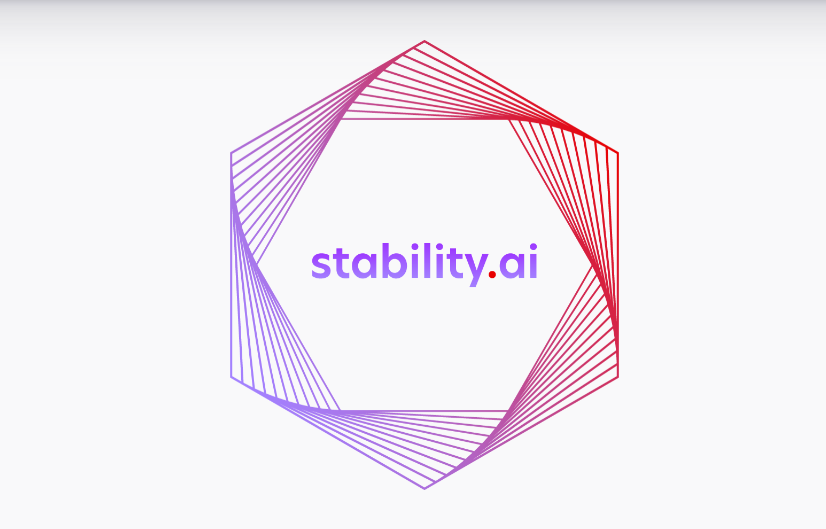Stability AI releases more lenient policy amid recent controversy Stable Diffusion3license, but is it enough to solve the problem?
Stability AI introduced restrictive new licensing terms last month, sparking backlash from Stable Diffusion users, but the company announced late Friday that it had relaxed the terms, prompting mixed reactions from users.

Stability AI has released an improved community license for its Stable Diffusion3 (SD3) model, aiming to calm the storm of controversy that followed the initial release. The move comes after CivitAI, a major community hub, banned all SD3-related content due to licensing issues.
"We acknowledge that our latest release of SD3 Medium fell short of the community's high expectations," Stability AI said in a statement on Friday. "We heard you and have made improvements to address your concerns and continue to support the open source community." Under the new terms, Stability AI allows free use of SD3 for research, non-commercial, and limited commercial use. The license also allows individuals and businesses with less than $1 million in annual revenue to use the model for free. Users above this threshold must obtain a paid enterprise license.
In an interview with Stability AI, the company confirmed that it is possible to create custom SD3 models and improve upon the base SD3 model. However, it is prohibited to use the images generated by SD3 as a training dataset to develop new base models, that is, it is prohibited to use the material of the original model to train Stability's proliferated competitors.
Stability AI’s license also states: “You are the owner of derivative works that you create, but Stability AI retains all ownership rights in the Stability AI Materials and any derivative works created by or for Stability AI.” In other words, fine-tuning the model and profiting from it should not violate the terms and conditions, as long as you abide by these restrictions.
Despite Stability AI’s efforts to defuse the controversy, not everyone in the AI community is convinced. Kent Keirsey, CEO of Invoke AI, expressed skepticism about the new license. Keirsey believes the revised terms fail to address fundamental issues and introduce new complexities.